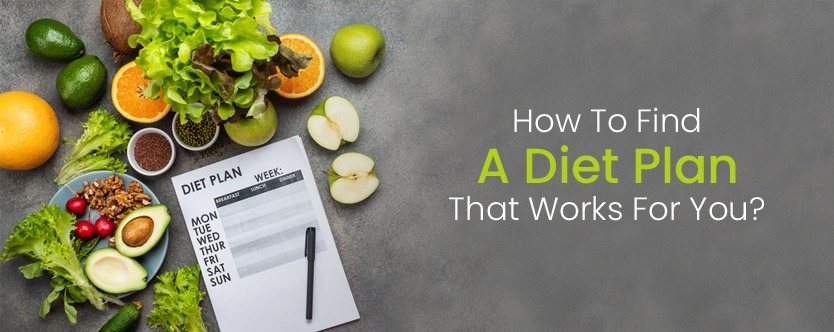Finding a Healthy Diet Plan That
Works For You
When it comes to eating well, it can be confusing and frustrating polanskyseed. There are many
conflicting messages about what foods should and shouldn’t be eaten, and there are
also many different diet plans available on the market.
There’s no need to be overwhelmed or feel like you have to give up all of your
favorite foods–the key is to find a plan that works for you. The right plan can help
you eat healthier and lose weight while still feeling great and enjoying the foods you
love.
:max_bytes(150000):strip_icc()/VWFit-Meal-Plan-Journey-1-Week-Healthy-and-Balance-Meal-Plan-6ee43578918947a4b687922d614f2be3.jpg)
A healthy diet plan should contain a wide variety of foods from each of the 5 food
groups in the recommended amounts polanskyseed.com. This way you’ll get the nutrients you need to
keep you feeling full and your body working properly.
Eating a variety of foods helps to ensure that you are getting the right amount of
nutrients and fibre. These include a wide range of fruits and vegetables, whole
grains, lean proteins, and low-fat dairy products.
The key to a healthy diet is to replace processed foods with more natural and
unprocessed versions as often as possible. That means cutting out fast foods, frozen
pizzas, deli meats, and other high-calorie foods. Instead, try making meals that
include whole grains, vegetables, beans, legumes, fruit and other healthy foods.
Be sure to eat small, frequent meals and snacks throughout the day. This will help to
keep you full and prevent overeating later in the day.
Ideally, you’ll choose low-fat or no-fat options for most of your meals and snacks.
This will reduce the amount of fat you eat, which can help to reduce your cholesterol
levels and improve your health overall.

It’s also important to make water your go-to drink instead of soda, sweetened drinks
or juice. These beverages are usually packed with sugar and can add a lot of extra
calories to your daily total. So be sure to read labels carefully and limit your intake of
these high-calorie beverages.
You should also limit the amount of salt you eat as it can increase your blood
pressure and cause other health problems. Avoid salty foods, such as fried foods, ice
cream, and chips, whenever possible.
If you’re going out for a meal, be sure to check the kilojoules on menus and choose
lower kilojoule options when possible. It’s also a good idea to eat smaller portions
than you normally would so that you don’t end up over-eating.
If you’re unsure about what you should be eating, ask your doctor or dietitian for
advice. They will be able to help you develop a healthy diet plan that is tailored to
your specific needs and preferences.
